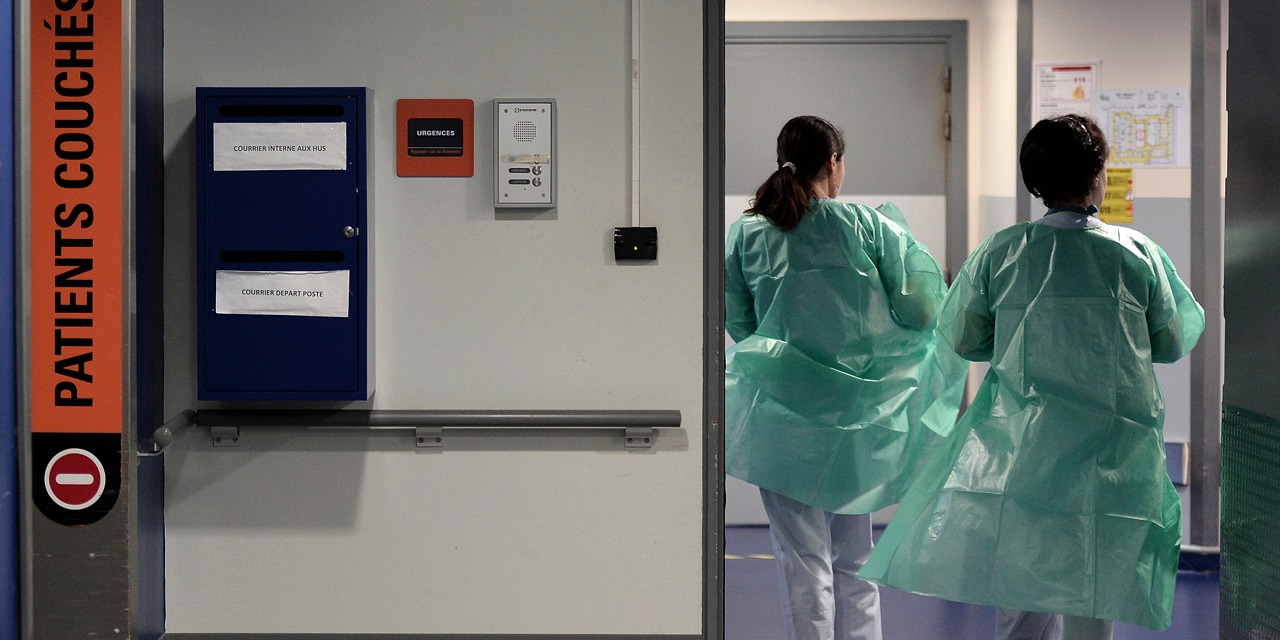REPORTAGE
The situation is worrying, at Robert-Ballanger Hospital in Aulnay-sous-Bois, Seine-Saint-Denis. More than 80 doctors sound the alarm in a letter addressed to the Regional Health Agency (ARS) and denounce including risks of stockouts of drugs, because of significant cash flow problems of the hospital. "Our establishment must benefit from emergency measures", alert at the microphone of Europe 1 Guy Bellaïche, the head of the gastroenterology department.
This risk of drug shortage is due to the multiplication of unpaid bills, already five months late in the payment of bills this year. And at the hospital pharmacy, it has been months since suppliers no longer want to deliver the drugs, as confirms Bernadette Coret-Houbart, head of the pharmacy department of the hospital. "Since the beginning of the year, I have 1,200 messages in my mailbox that concern suppliers who do not want to deliver us, of which it makes about 200 per month and 10 per day," she explains. for Europe 1.
Techniques to avoid the shortage
To avoid these stockouts, people in the hospital must spend a lot of their time finding solutions. "It's been two years that we manage with a lot of techniques," says Bernadette Coret-Houbart. "We go to another supplier, to a wholesaler, or to a colleague in another hospital." In other cases, she adds, "we see with the doctors if there are alternatives to treatment."
INTERVIEW - "The hospital is in a serious crisis and patients are potentially at risk"
"We make repairs, shopping at prices more expensive than elsewhere, which is nonsense because it makes things worse," says another side of pharmacist, Veronique Deperrin. "When finally orders are unlocked because we managed to make priority payments, we order more in order to be quiet a little longer."
"We have a lot of precarious things"
And this lack of resources affects the entire hospital. Exams had to be outsourced, while equipment was missing at every floor. "Our establishment must benefit from emergency measures", still alert Guy Bellaïche. "We have a lot of precarious, homeless, poverty," he describes. And to advance a radical proposal: "We will have to be classed a little differently in the 93. As some high schools, colleges or primary are ZEP, perhaps it will be necessary to ZEP hospitals".
While the medical community is asking for additional resources, a meeting on this subject should be held within a month between the management, the doctors and the Regional Health Agency.

